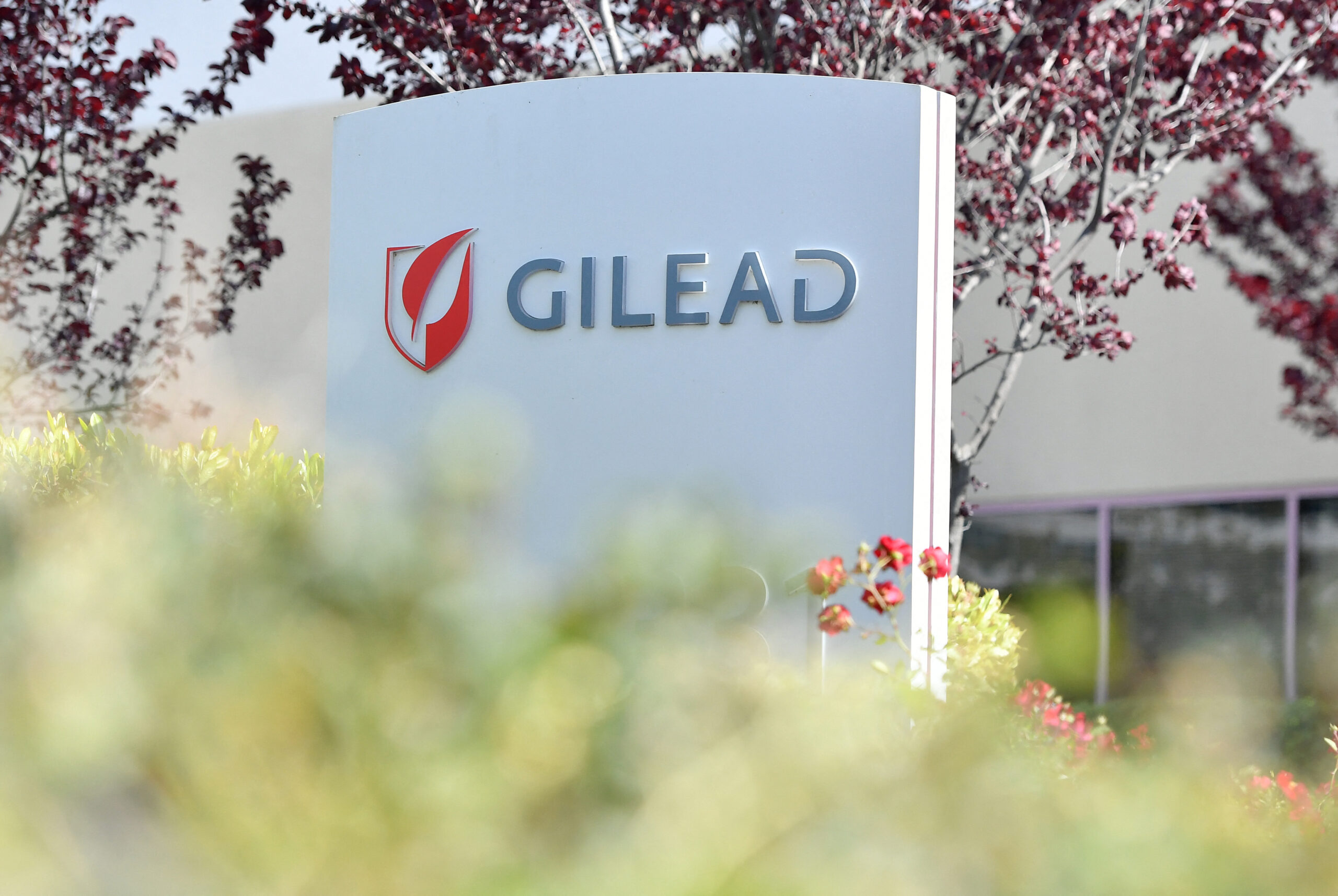Gilead licenses HIV-prevention drug to generic drugmakers

FILE PHOTO: Gilead Sciences headquarters sign is seen in Foster City, California on April 30, 2020. – Gilead said Wednesday, October 2, 2024, it had signed licensing deals with six generic drugmakers to produce and sell its HIV prevention medicine in lower-income countries. (Photo by Josh Edelson / Agence France-Presse)
US pharmaceutical giant Gilead said Wednesday it had signed licensing deals with six generic drugmakers to produce and sell its HIV prevention medicine in lower-income countries.
WASHINGTON, United States — US pharmaceutical giant Gilead said Wednesday it had signed licensing deals with six generic drugmakers to produce and sell its HIV prevention medicine in lower-income countries.
The announcement comes shortly after Gilead faced pressure to open lenacapavir to a patent pool that would allow generics to be sold under license in those countries.
The antiretroviral drug has been hailed as a potential game-changer in the fight against HIV, with early trials finding the treatment 100 percent effective in preventing HIV infection.
READ: UN urges Gilead to ‘make history’ with game-changing HIV drug
With Wednesday’s announcement, generics companies will be able to make a lower-cost version of the HIV prevention regimen, subject to regulatory approvals, in 120 countries.
“Gilead teams have been working with urgency to bring on high-volume generic manufacturers now,” so they can start manufacturing the drug after receiving approvals, said Gilead CEO Daniel O’Day.
In July, researchers estimated that lenacapavir – which costs patients more than $40,000 per person a year in several countries – could be made for as little as $40.
The drug only needs to be injected twice a year, making it much easier to administer than current regimens requiring daily pills.
HIV-prevention drug: Turning the tide
International health agency Unitaid said Wednesday that it welcomed Gilead’s announcement, adding that it was “prepared to invest immediately and collaborate to fast-track access to lenacapavir.”
“This is a potentially game-changing medication that could dramatically turn the tide against HIV infections, and we must ensure, without delay, global access to lenacapavir for all those who need it,” said Unitaid executive director Philippe Duneton.
READ: Pharma firm urged to share new ‘game-changer’ HIV drug
There were 1.3 million new HIV infections in 2023, while 39 million people are living with the virus, according to the World Health Organization.
The licensees announced on Wednesday include companies in India and Pakistan, according to Gilead.
Based on data from its trials, Gilead is beginning a series of regulatory filings by the of end this year, it said.
“The agreements were signed in advance of any global regulatory submissions to enable these countries to quickly introduce generic versions of lenacapavir for HIV prevention, if approved,” it added of the six licensing deals.
The company is also prioritizing registration in 18 high-incidence countries including Ethiopia, Kenya, South Africa, Thailand and Vietnam, to provide Gilead-supplied lenacapavir until generic versions are available.
In July, Liverpool University researcher Andrew Hill told Agence France-Presse that if the drug was given to people at high risk of contracting HIV, it could “basically shut down HIV transmission.”